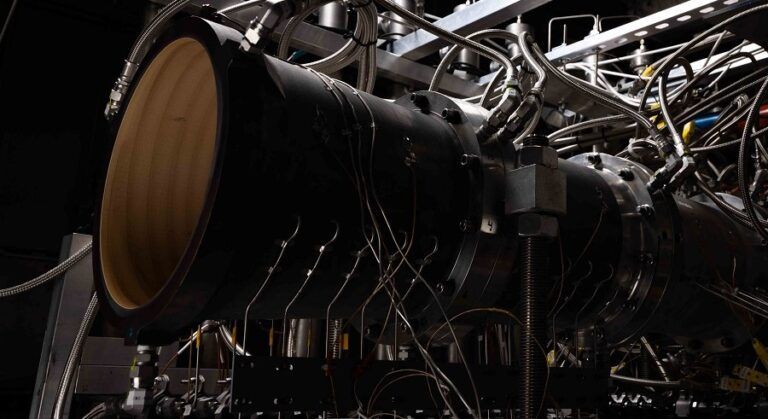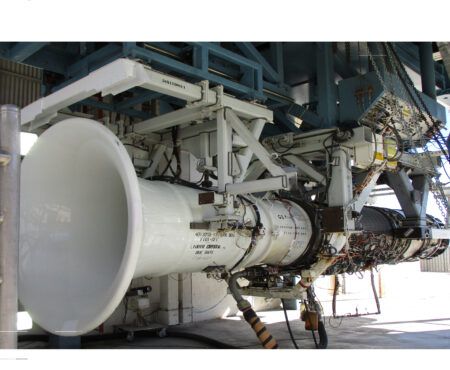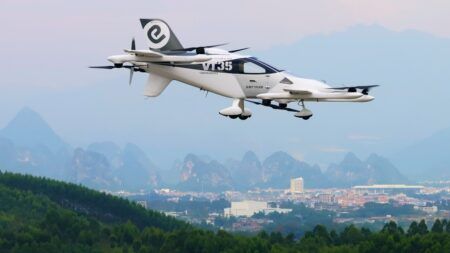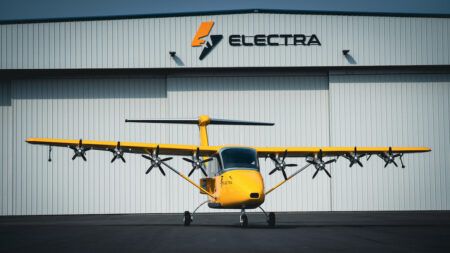GE Aerospace is to expand its testing infrastructure in the USA to accelerate the development of next-generation hypersonic propulsion systems.
The upgrades at sites in Evendale, Ohio, Bohemia, New York and Niskayuna, New York will enable the company to conduct higher-Mach, mission-relevant testing at scales not previously possible.
At Evendale, Ohio, GE Aerospace is upgrading a test facility to provide dedicated test support for larger hypersonic propulsion systems. These enhancements will allow testing at higher Mach numbers and enable more relevant simulation of actual flight conditions.
In Bohemia, New York, GE Aerospace has been upgrading test cell facilities following the 2022 acquisition of Innoveering, a company specializing in hypersonic propulsion technologies. The facility improvements build on the acquired capabilities to expand testing capacity.
At Niskayuna, New York, GE Aerospace is expanding hypersonic testing capabilities at its Research Center to support evaluation of larger propulsion systems and refine a range of next-generation hypersonic propulsion technologies.
“This investment accelerates GE Aerospace’s ability to meet future hypersonic propulsion needs,” said Mark Rettig, vice president and general manager of Edison Works Advanced Programs at GE Aerospace. “By enhancing our infrastructure, we’re not only enabling more representative and scalable testing but also demonstrating our ability to deliver advanced technologies faster and more efficiently.”
The test cell expansion follows GE Aerospace’s development and testing of a hypersonic dual-mode ramjet that went from concept to test in less than 11 months. The company subsequently tested a liquid fueled ramjet 10 months after initial concept definition.
The infrastructure investments support GE Aerospace’s development of advanced propulsion systems across multiple hypersonic applications. The enhanced testing capabilities will enable validation of larger-scale systems under conditions that more closely simulate operational flight environments.
Hypersonic propulsion systems present engineering challenges including extreme temperatures, high-speed airflow management, and materials stress under sustained high-Mach flight conditions. The expanded test infrastructure addresses these requirements by providing controlled environments for component and system-level validation.





